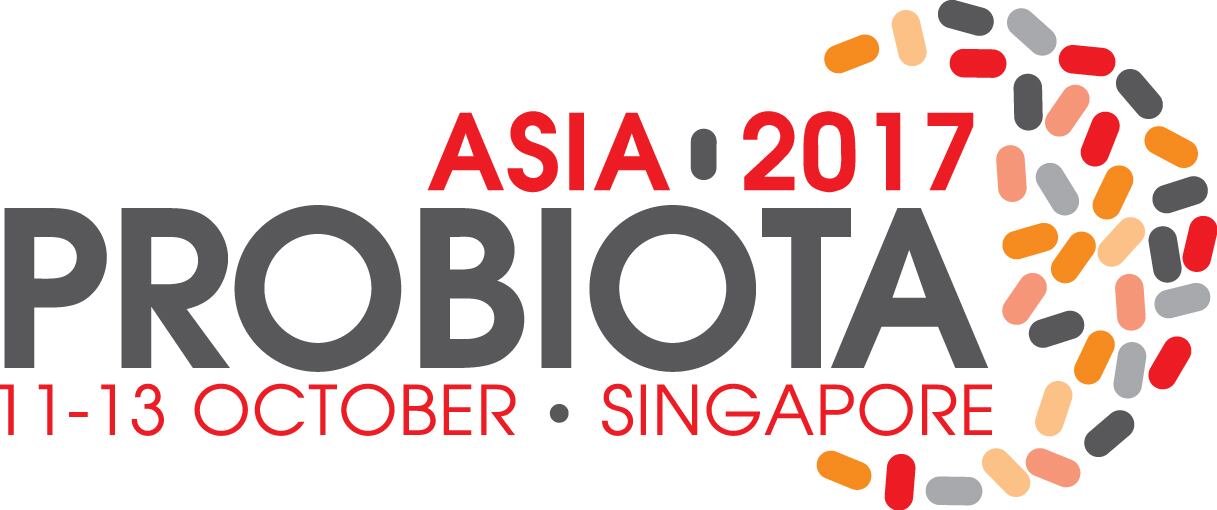Scientists from Nanjing Agricultural University and Jinan Uinversity said the result of their in vitro study showed the addition of ciceritol enhanced the growth of ‘good bacteria’. Simultaneously, it inhibited the growth of pathogenic bacteria species.
Writing in the journal LWT – Food Science and Technology, the researchers stated ciceritol was extracted from chickpeas by using 50% ethanol-water solvent with a ratio of 1:10, before being purified.
“In order to evaluate the effect of ciceritol on human colonic microflora, in vitro fermentation was applied,” they wrote.
“Human faeces were used as inoculum. The faeces were obtained from three healthy people with the age around 25–30 and without antibiotic treatment in last six months,” they stated.
Fructo-oligosaccharides (FOS), known for their prebiotic properties, were chosen as a positive control. The control received no treatment.
During the fermentation, the samples for enumeration of microflora and analysis of SCFAs were withdrawn at zero, six, 12 and 24 hours.
With regard to good bacteria, the number of Lactobacillus/Enterococcus increased after 24 hour fermentation for ciceritol and FOS treatments, but the control had an opposite trend, “which indicated that ciceritol could stimulate the growth of Lactobacillus/Enterococcus group,” said the research team.
They added: “The number of Bifidobacterium spp. for ciceritol treatment was also the highest (10.43 log10 cells/mL) among these three treatments and it showed significant difference compared to the control group (9.45 log10 cells/mL).”
SCFA production
The researchers also discovered after ciceritol treatment, the concentration of total SCFAs - major by-products of bacterial metabolism in the human colon - was nearly twice that witnessed in the control group.
“The result demonstrated that addition of ciceritol could affect the production of SCFAs,” they wrote.
Specifically, the concentration of butyric acid after ciceritol treatment was significantly higher than that in the control at every fermentation time point.
The concentration of acetic acid and formic acid showed the same trend.
The paper concludes that ciceritol could enhance the growth of Lactobacillus–Enterococcus group and Bifidobacterium spp, and inhibit the growth of Bacteroides–Prevotella, C. histolyticum and Eubacterium–Clostridium groups.
“Besides, the production of SCFAs was improved by addition of ciceritol. Based on these results, we conclude that ciceritol can behave as a potential prebiotic by optimizing the microflora of human colon and promoting the production of SCFAs, which will benefit to human health,” the study added.
This study was supported by Grants-in-Aid for scientific research from the National Natural Science Foundation of China and a project funded by the Priority Academic Program Development of Jiangsu Higher Education Institutions.
Source: LWT – Food and Technology
doi.org/10.1016/j.lwt.2017.01.040
“Effects of ciceritol from chickpeas on human colonic microflora and the production of short chain fatty acids by in vitro fermentation”
Authors: Yun Zhang, et al

The Probiota series is growing, and in October 2017, Singapore will host the first ever Probiota Asia event. Building on the success of the annual global Probiota and Probiota Americas events, Probiota Asia will focus exclusively on this high growth market and the challenges it faces.
Save the date: 11-13 October 2017

